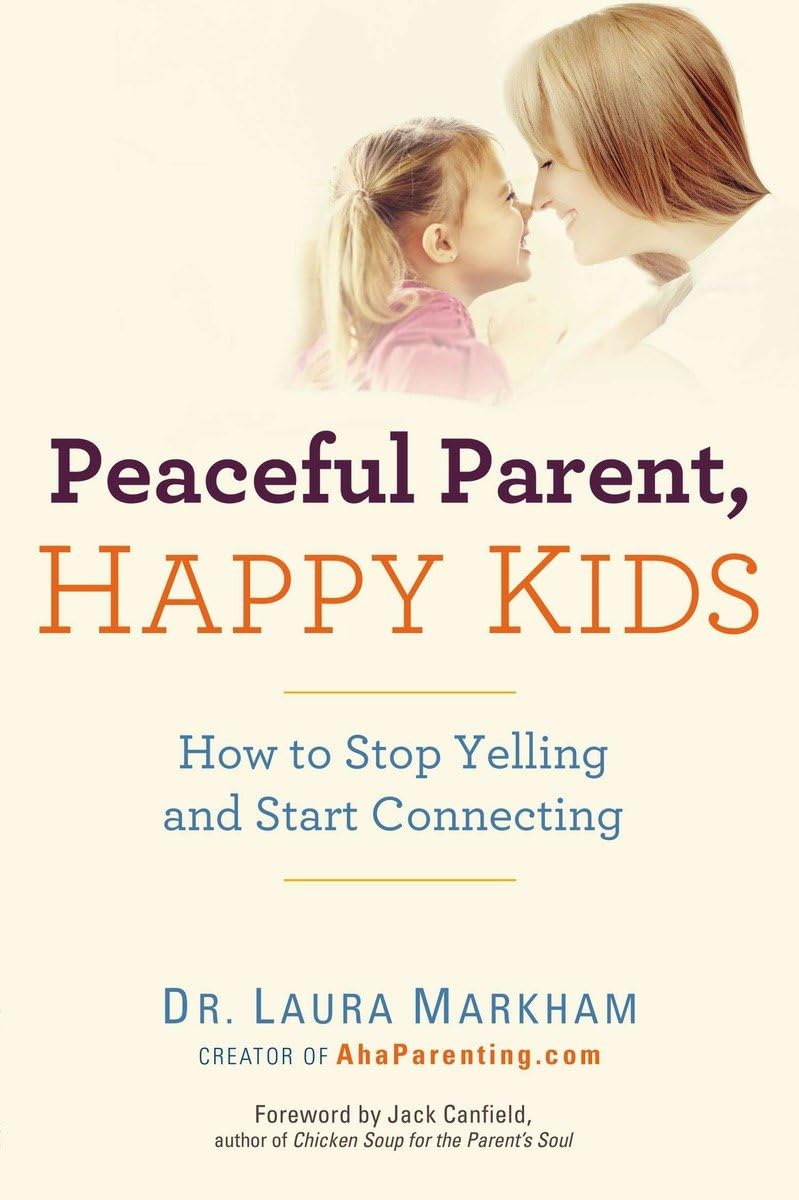Reflect on your emotional health this past year
As we are nearing the end of the year, we can slow down for a moment and reflect on this year. We are often prone to remember beginnings and endings, but the middle parts become blurry.
If you keep one, take out your journal and look at your entries. If you don’t have a journal, look at your calendar entries or photos from this year. As you look back at this year, ask yourself, how has my emotional health been? Did I have moments of stress, anxiety, depression, loneliness, or distress? How often? How long did the difficult moments last? What did I do when I was struggling?
Additionally, ask yourself about the good times when you felt relaxed, enthusiastic, joyful, creative and connected. How often did these moments happen? What were they like? How long did the positive moments last? What made you feel happy and content?
Noticing the good in life
You may notice that you had a year that was primarily challenging, mostly happy, or something in between. The good news is you can grow the good in your life with a gratitude practice. Expressing gratitude can have a significant and powerful impact on our physical, emotional and social well-being.
We often say thank you to people in the periphery of our lives but seldom express gratitude towards our loved ones or ourselves. We may utter a semi-automated thanks when our partner hands us a cup of tea, but we don’t often think about everything we are grateful for on our partner, children or friends, or ourselves.
Very often, our brains focus on what we do not have rather than on what we have. We take so much for granted. We expect that we deserve or need more materialistically, for example, a bigger car, a new handbag, or shoes we’ve seen a celebrity wear.
Gratitude is about noticing the good in life and where that goodness comes from. It helps us slow down, be present in the moment and appreciate the positives. We begin to notice what we have already.
The benefits of the practice of gratitude
Our awareness of the abundance of goodness increases when we notice the positives, whether material objects or immaterial experiences. How often do we feel thankful for our eyesight and the other amazing ways our body serves us? If we are ill, do we genuinely appreciate all that is available to us medically, or do we take it for granted?
Robert Emmons has studied the impact of gratitude on the physical and psychological health and social well-being of adults. He found that those who kept a gratitude journal for three weeks reported improved positive emotions and feeling alive. Physically, the research participants reported sleeping better and taking better care of their health. The participants felt less isolated and more compassionate, generous, and forgiving.
When we express gratitude for what we have, we improve our well-being. Research by Ernst Bohlmeijer and his team found that a daily practice of gratitude for six weeks improved mental well-being. Furthermore, the effect of a regular gratitude practice on mental health was maintained by the participants for at least six months. Practicing gratitude has a long-lasting positive impact on our well-being.
Appreciate the good
Return to your journal, photos or calendar entries from the past year again. Look at all the experiences you had that you can be grateful for. You may have had experiences where you felt deeply connected to a loved one, a moment of awe at a concert, or being moved to tears when seeing beauty in nature.
Spend a moment also appreciating all the material things that have made your life better this year, be it all the groceries you could buy or a beautiful painting on your wall.
When you start noticing all that you can express gratitude for, this year may look outstanding!
Daily practice
You practice daily gratitude along with your many tasks and busy lives by keeping it simple. You can, for example:
- Keep a gratitude journal. First thing in the morning or last thing at night, write down three things for which you are grateful.
- Set a reminder on your phone to express daily appreciation to family members.
- While brushing your teeth in the evening, notice what you have done well that day, or name one thing you like about yourself.
Priorities are important and necessary. You can choose what or how you prioritize. Make the daily expression of gratitude a priority and reap the benefits. You’re worth it!
Matleena Vanhanen is a psychologist at the MapleTree Psychotherapy Center in Dubai. To make an appointment with her please visit on www.tmtcdubai.com.




